Workshop on consolidating downscaling for the provision of regional climate information to society – Cordex Consolidate. 11-13 october in Oslo, Norway
An overview of CORDEX and WCRP and their directions – how can we lower the threshold for using downscaled results in climate adaptation work?
In Oslo Kulturhus is about 30 participants on site and about 170 registered participants online for three days. And there is a unknown number who is following the workshop on the
Youtube link: ConCord Oslo 11-13 october 2022
Day 2:
Introduction ( Rasmus Benestad )
*Keynotes: use of information and data for modelling, impact studies and climate change adaptation.
¨-Extracting robust information from data ( Thordis Thorarinsdottir)
-R-shiny app for presenting results from ESD+RCMs for climate services (Kajsa M. Parding & Andreas Dobler)
*How do we synthesise regional climate information for society involving both RCMs and ESD? (Rasmus Benestad)
*The use of climate knowledge and information from ECRA’s perspective (ECRA’s whitepaper). (Peter Braesice)
*Experience from DWD on joining ESD & RCM (Barbara Früh)
*The current status concerning downscaling practice and climate services. What is working? Where are the gaps & why? Where do we want to be?
*Panel discussion: current status on downscaling and climate services – IPOC, Australia, Asia, South America, Africa, USA, Europe, the Arctic. (Iréne Lake , Marcus Thatcher, Chris Lennard, Maria Laura Bettolli, Daniela Jacob, Bill Gutowski, Koji Dairaku, Deliang Chen)
*How should different sectors make use of the information, if you were the decision-maker? (Ågot Aakra)
*Presentation on RifS (early career scientists)
-Use of emission scenarios and climate models in building adaptation research (Jørn Emil Gaarder)
-The use of climate data for projecting earth slide risks (Emir Ahmet Oguz)
*Using climate information for assessing green roofs (Vincent Pons)
*How to study the way climate change affects pesticides (Sophie Mentzel)
*Work on position/statement on regional climate information for engineers & funding idea ( Rasmus Benestad )
*Plenary discussion on consolidation of downscaling and its utility based on this day’s work.
Day 3:
Introduction ( Rasmus Benestad )
*Two best practices (1) for the CORDEX community; (2) for stakeholders – modify those that are used now? Handbook or guidelines?
-Contribution from ESA: complementing climate information with data from ESA (Claire Macintosh)
*Create your future ( CORDEX -IPOC- Iréne Lake, Sophia Kark)
*Conclusion – how to take this further (2023 CORDEX conferences; ECRA; Copernicus; EEA); Summary of online world-wide contribution; outreach and communication (Rasmus Benestad)
*Excursion to Oslo city adaptation of water and social mingeling ( Tharan Åse Fergus, Oslo municipality
Day 1:
Introduction and Welcome to the workshop: Roar Skålin, Camilla Stoltenberg, Ågot Aakra, & Rasmus Benestad.
*Paneldiscussion: An overview of CORDEX and WCRP and their directions – how can we lower the threshold for using downscaled results in climate adaptation work? ( Iréne Lake, IPOC – Panel: Sophie Mentzel, Ahmed Benouazar, Ramón Fuentes Franco, Huikyo Lee, Kristine Gutzkow, Ågot Aakra)
*Climate services and provision of climate information/data ( Carlo Buentempo)
*Experience on using various types of information from Finland. (Hilppa Gregow)
Keynotes: How is climate information used in society: some examples from public health
-Health and Climate: challenges ( Ågot Aakra)
-Stakeholder’s perspective: What climate information is used in public health, and how? (Ågot Aakra)
*How are downscaled results being used in society today and how should they be used?
Keynotes: State of the art on downscaling and use of downscaled results
-Examples from the USA ( Katharine Hayhoe)
-Perspective from IPCC AR6 WG1 (Paco Doblas-Reyes)
Using observations and model results: how can we add more value through three approaches: downscaling, sensitivity-testing, stress-testing/storylines?
#ConCordOslo2022 #CORDEX #Regionclimate
